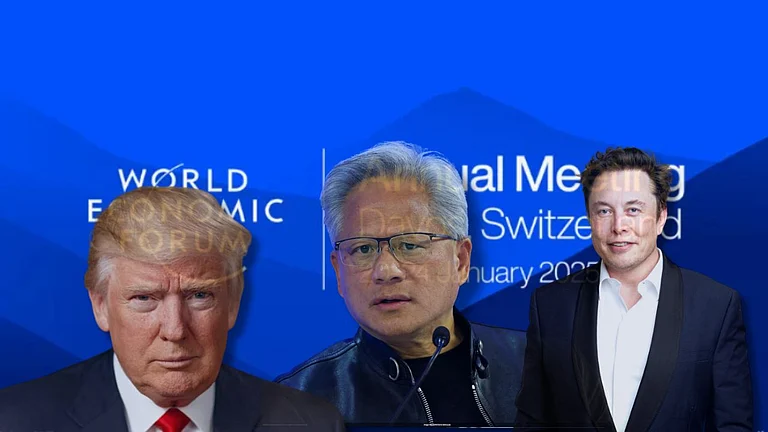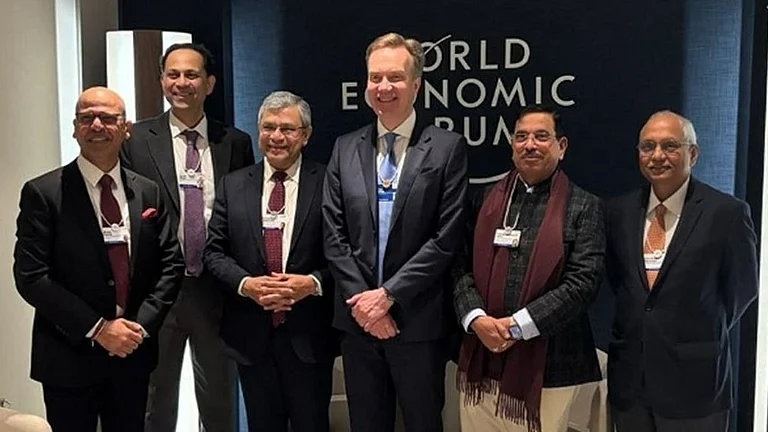Union Minister Bhupender Yadav said that India’s circular economy has the potential to create a a market value of over $2 trillion and create close to 10 million jobs by 2050, while speaking at the 12th Regional 3R and Circular Economy Forum in Asia and the Pacific on March 4 in Jaipur.
He shared that the circular economy may be about to drive one of the biggest transformations in business since the industrial revolution 250 years ago. “Through a radical departure from the traditional ‘take, make, waste’ production and consumption models, the circular economy could provide a potential $4.5 trillion in additional economic output by 2030 world over,” the Union Minister for Environment, Forest and Climate Change said.
He expressed that India wants to host World Circular Economy Forum 2026. This year, the World Circular Economy Forum is being organised in Sao Paulo, Brazil.
Emphasising on the steps taken, the Minister further stated that India remains committed to addressing plastic waste challenges and their associated ecological impacts.
“Circular Economy Action Plans for 10 waste categories have been finalised, for which regulatory and implementation framework is under progress. India has already notified various waste management and extended producer responsibility rules in certain sectors, such as the Plastic Waste Management Rules, e-Waste Management Rules, Construction and Demolition Waste Management Rules and Metals Recycling Policy, among others,” he added.
How India Can Unlock Circularity?
According to a study published by the Council on Energy, Environment and Water, India can achieve circularity by advancing recycling technologies and innovations. These advancements will enable more efficient sorting and processing of metals, inorganic and organic materials.
To achieve this, India must develop robust waste management systems and an efficient logistics network for the collection, recycling and recovery of materials, as stated in the study. Transparent and traceable value chains will be essential for addressing human rights and environmental concerns, optimising material recovery and ensuring a reliable and efficient circular economy.
A cohesive policy framework, including clear targets for material recovery, Extended Producer Responsibility (EPR) and incentives for recycling, will foster a conducive environment for circularity.
Creating an attractive investment environment through public-private partnerships and financial incentives will help overcome barriers such as high upfront costs, supporting the scaling of circular practices.
Incorporating circular principles into product design—focusing on durability, reuse, repair, recovery and recycling—will further drive the transition. Additionally, training workers in the new circular economy industries will ensure a skilled workforce capable of implementing circular practices.
Lastly, cross-sector collaboration between government, industry, academia and civil society is crucial for developing integrated solutions and accelerating India’s transition to a circular economy.
































